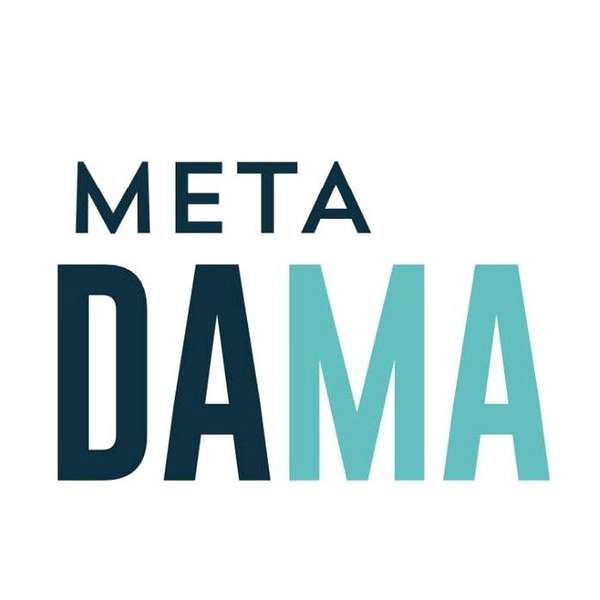
MetaDAMA - Data Management in the Nordics
This is DAMA Norway's podcast to create an arena for sharing experiences within Data Management, showcase competence and level of knowledge in this field in the Nordics, get in touch with professionals, spread the word about Data Management and not least promote the profession Data Management.
-----------------------------------
Dette er DAMA Norge sin podcast for å skape en arena for deling av erfaringer med Data Management, vise frem kompetanse og kunnskapsnivå innen fagfeltet i Norden, komme i kontakt med fagpersoner, spre ordet om Data Management og ikke minst fremme profesjonen Data Management.
MetaDAMA - Data Management in the Nordics
2#10 - Mozhgan Tavakolifard - Knowledge Graph enabled Data Mesh (Eng)
«If we think of Data Mesh as an evolution of data lakes, knowledge graphs are an evolution of Master Data Management.»
Data overload is becoming a real challenge for all types of businesses. With all data that is gathered, both in multiple formats and huge volumes, has created a need for connected, contextualized data. Combined with continuing developments in AI, has resulted in increasing interest in knowledge graphs as a means to generate context-based insights.
I had a fantastic chat with Mozhgan Tavakolifard. Mozhgan describes herself as «incubator and alchemist». She worked with PhD-research on trust and SOME. The techniques Mozhgan used to collect data for her research introduced her to Data Science. On this episode of #MetaDAMA, we talked about Knowledge Graph enabled Data Mesh.
Here are my key takeaways:
Data-driven transformation
- Personal transformation and transformation of businesses are quite similar.
- Very few companies can blame that they are industrializing data and are transformed in a data-driven way.
- For a transformation to be successful, you need to have a holistic view and invest in a practical manner according to your business case.
- Don’t change your business culture to match a data culture, but rather let data be an enabler for the business.
Data Mesh
- Each domain can have a different culture, produce different data products.
- 4 indigents:
- Give data back to the domains where it is produced
- Create self-service data infrastructure
- Federated governance
- Data as a product
- The centralized data and analytics platform has failed.
- Knowledge Graph can basically be considered as Data Supply Chain for Data Mesh.
- KG can be used to semantically link data products.
Knowledge Graphs
- KG enable a human brain-like approach to derive new knowledge.
- A KG is quite simply any graph of data that accumulates and conveys knowledge of the real world.
- Every consumer-facing digital brand, such as Google, Amazon, Facebook, Spotify, etc., has invested significantly in building knowledge and the concept of graphs has evolved to underpin everything from critical infrastructure to supply chains and policing.
- There is a difference between Knowledge graph and graph data store. The semantic layer is what makes data smart.
- KG is when you have a dynamic and rich context around knowledge.
- KG can be used to semantically search for data.
- KG are a very important part of data mesh.
- If you want to start with knowledge graphs: find your business case. What is the purpose for you?
«RIP Semantic Web! The Semantic Web is dead.»
- Maybe part of the problem was that is was academy focused, more than practical, industry-focused.
- If we manage to implement Data Mesh on a society level, we might have taken a big step realizing some parts of the semantic web.
Trust
- Trust and explainability is based on context. Knowledge graphs can provide context and connect between them, this can ultimately generate trust.
